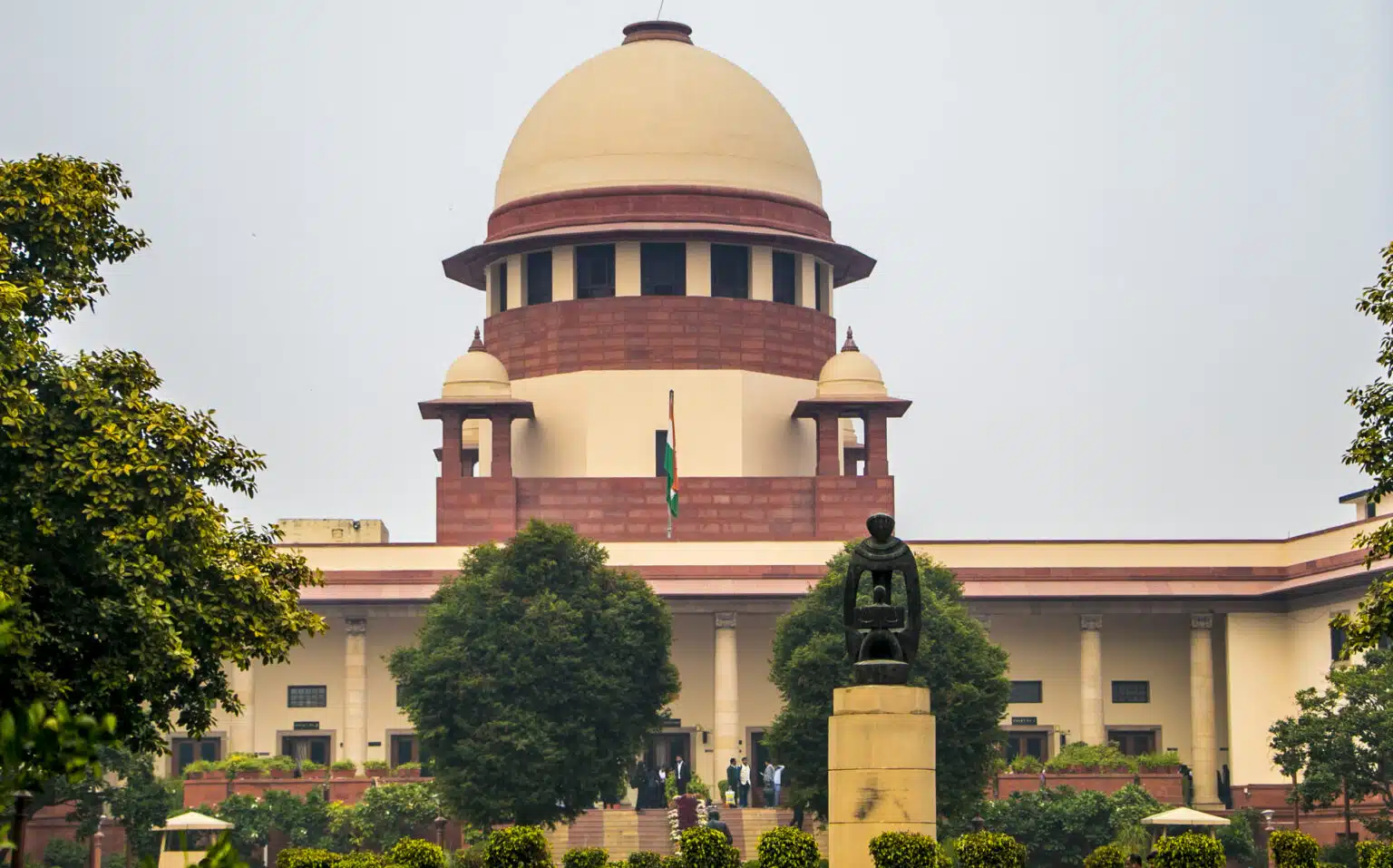
In Akil Piplodwala v. DSP and ors, the Supreme Court will consider whether Section 9(2) of the Citizenship Act permits deportation without a decision on a person’s citizenship application.
According to Section 9(2), any doubts about if, when, or how an Indian citizen obtained the citizenship of another nation must be settled via the presentation of evidence before the person’s citizenship is revoked.
A Gujarat citizen who feared deportation to Pakistan filed a complaint, and a bench of Justices Surya Kant and JB Pardiwala requested a response from the Gujarat government and the Union Home Ministry.
The situation is now expected to be heard in November after the court ordered the status quo.
Supreme Court Petitioner Role:
Akil Piplodwala, the petitioner, was born and raised in Godhra, Gujarat, and after moving to Pakistan in 1976, he returned to India in 1983 to marry an Indian national. He returned to India permanently in 1991 with a residence visa and has remained in Gujarat ever since.
In order to avoid deportation, the petitioner filed a civil court motion to be recognized as an Indian citizen under Section 5(1)(C) of the Citizenship Act.
In 1999, the civil judge partially upheld the plea and awarded the requested protection while admonishing the court’s lack of jurisdiction over citizenship.
Four years later, the State government appealed this decision, and the District Court upheld it in July 2022, nullifying the civil court’s protection.
High Court affirmed :
In August, the High Court affirmed the District Court’s ruling, leading to the current appeal before the Supreme Court.
According to the petitioner, the respondents have not produced any documentation or made any inquiries to support the claim that the petitioner willingly obtained citizenship in another nation.
It was argued that the petitioner’s being born, raised, and receiving his basic education in India was something the lower courts had overlooked.
The appeal claimed that the petitioner had spent a “more than considerable part” of his life in India and that the Hon’ble High Court had failed to recognize this reality.













